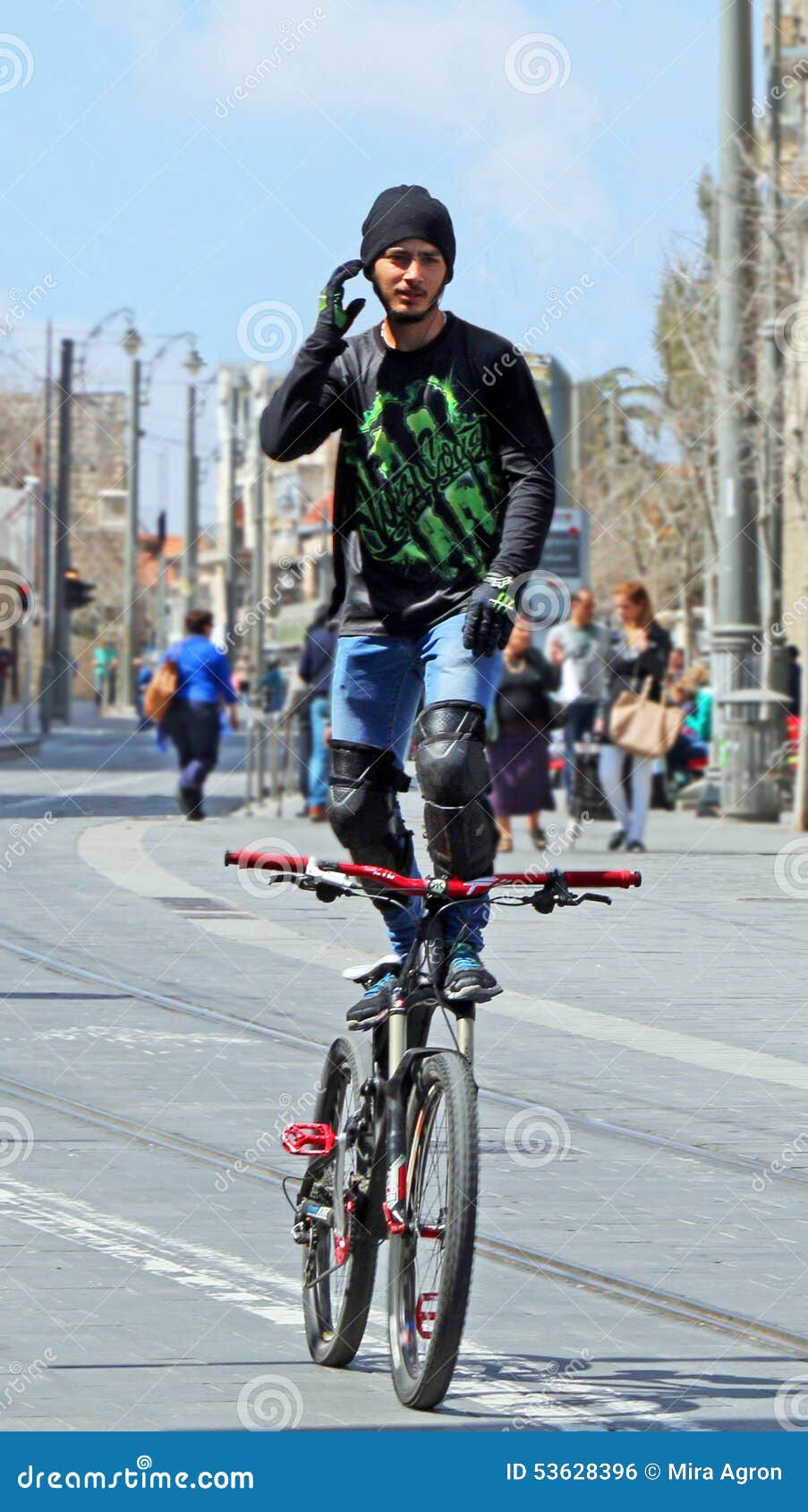Some things are worth saving for their intrinsic value, artistic merit or historic or cultural importance.
More often, though, the stories behind objects are what make them valuable--at least to someone, if not to everyone.
Such is the case of a bicycle that hangs in Les Sorensen's garage. The Cooks Mills, Illinois resident inherited it from his uncle Einar when he died in 1978. Einar never told Les the story behind the bicycle. Rather, the younger man learned about it from letters his uncle's friend, Ed Warren, wrote to his mother.
Those dispatches were sent out daily during a trip Warren took with Einar and his brother Kay in 1922. Their 62-day journey--which Einar rode on the bike in Les's garage--took them from their native Illinois to Los Angeles. Some letters were sent from familiar-sounding locales like Reno, Nevada, while others came from places where one might not expected to find so much as a rubber stamp, let alone a post office.
Along the way, the three young men stopped and worked for money to pay for their trip. Einar sometimes stayed and worked a little longer than the others, but he would catch up to them. While they made friends along the way, some places were rather hostile. When they rode through those not-so-safe areas, they hid their money in their handlebars.
Les didn't find any of that cash. I am sure, though, that some dirt and dust from their route was still embedded in parts of the bike: For much of the time, they were riding on unpaved roads and they often had to carry their bikes. One of Warren's letters says that one day, they portaged their machines 18 miles through the desert.
The letters and other memorabilia Warren's daughter assembled into a book, which she gave Les, offer no indication of any motive--except, perhaps, fun--behind their ride. When they arrived in California, Kay decided to stay and join the military. Einar and Warren returned, with their bikes, to Illinois.
The bike Einar rode--and Les now owns--is a Rugby, made in St. Louis. According to the report I read, the bike had wooden rims, though the ones in the photo look more like chromed steel--and not of the same time period. I am guessing that the wheels were replaced a few years ago, when Les rode it for a season.
Born 12 years after his uncle's adventure on the Rugby, Les is, shall we say, getting on in years. He never could sell his antique treasure, he said, so he wants to keep it in the family. So, he plans to send it to Kay Sorensen's granddaughter in Oregon.
And, I'm sure, the stories will follow as the Rugby makes another trip to the Pacific.
More often, though, the stories behind objects are what make them valuable--at least to someone, if not to everyone.
Such is the case of a bicycle that hangs in Les Sorensen's garage. The Cooks Mills, Illinois resident inherited it from his uncle Einar when he died in 1978. Einar never told Les the story behind the bicycle. Rather, the younger man learned about it from letters his uncle's friend, Ed Warren, wrote to his mother.
Those dispatches were sent out daily during a trip Warren took with Einar and his brother Kay in 1922. Their 62-day journey--which Einar rode on the bike in Les's garage--took them from their native Illinois to Los Angeles. Some letters were sent from familiar-sounding locales like Reno, Nevada, while others came from places where one might not expected to find so much as a rubber stamp, let alone a post office.
Along the way, the three young men stopped and worked for money to pay for their trip. Einar sometimes stayed and worked a little longer than the others, but he would catch up to them. While they made friends along the way, some places were rather hostile. When they rode through those not-so-safe areas, they hid their money in their handlebars.
Les didn't find any of that cash. I am sure, though, that some dirt and dust from their route was still embedded in parts of the bike: For much of the time, they were riding on unpaved roads and they often had to carry their bikes. One of Warren's letters says that one day, they portaged their machines 18 miles through the desert.
The letters and other memorabilia Warren's daughter assembled into a book, which she gave Les, offer no indication of any motive--except, perhaps, fun--behind their ride. When they arrived in California, Kay decided to stay and join the military. Einar and Warren returned, with their bikes, to Illinois.
The bike Einar rode--and Les now owns--is a Rugby, made in St. Louis. According to the report I read, the bike had wooden rims, though the ones in the photo look more like chromed steel--and not of the same time period. I am guessing that the wheels were replaced a few years ago, when Les rode it for a season.
Born 12 years after his uncle's adventure on the Rugby, Les is, shall we say, getting on in years. He never could sell his antique treasure, he said, so he wants to keep it in the family. So, he plans to send it to Kay Sorensen's granddaughter in Oregon.
And, I'm sure, the stories will follow as the Rugby makes another trip to the Pacific.



